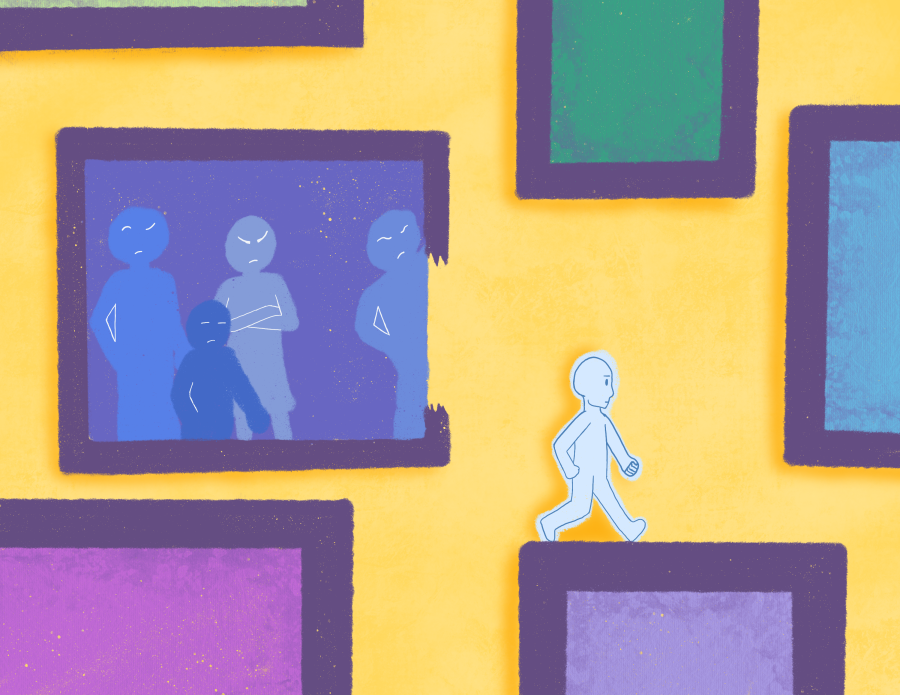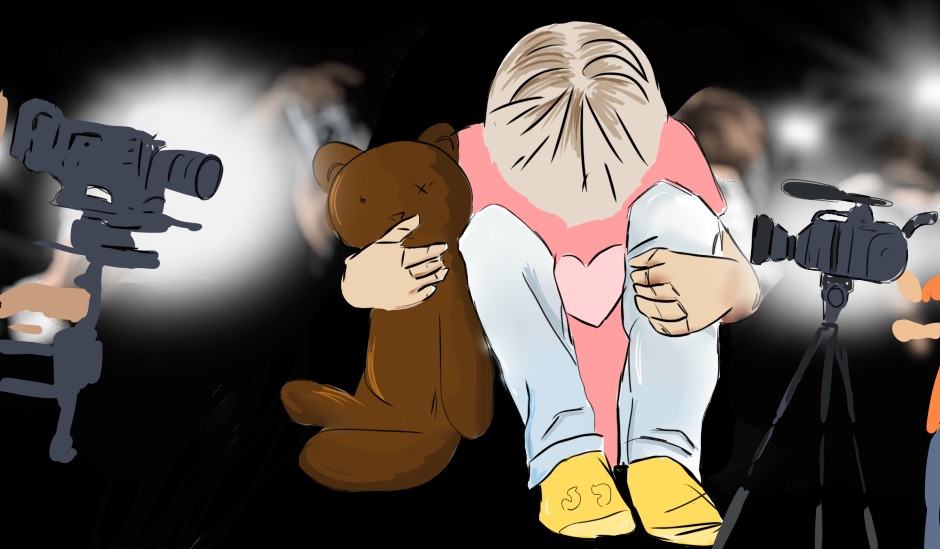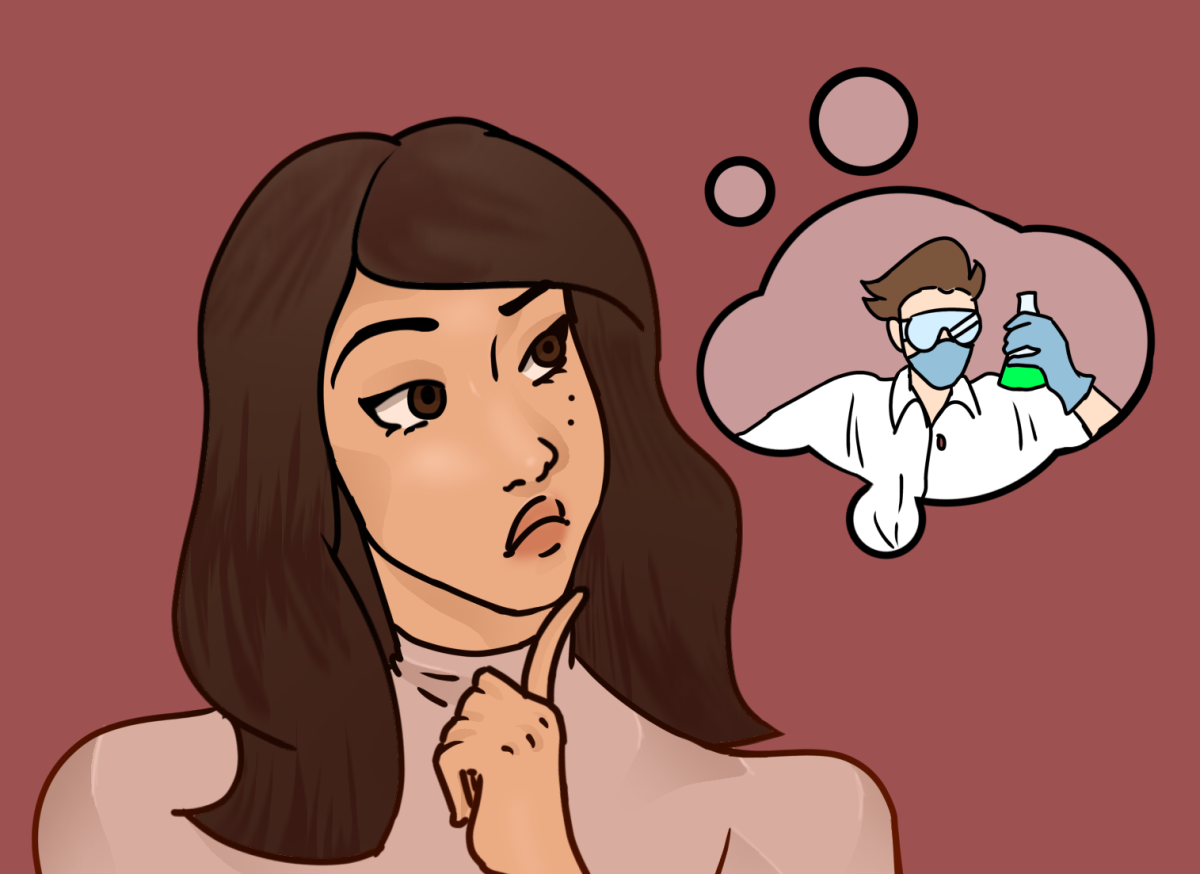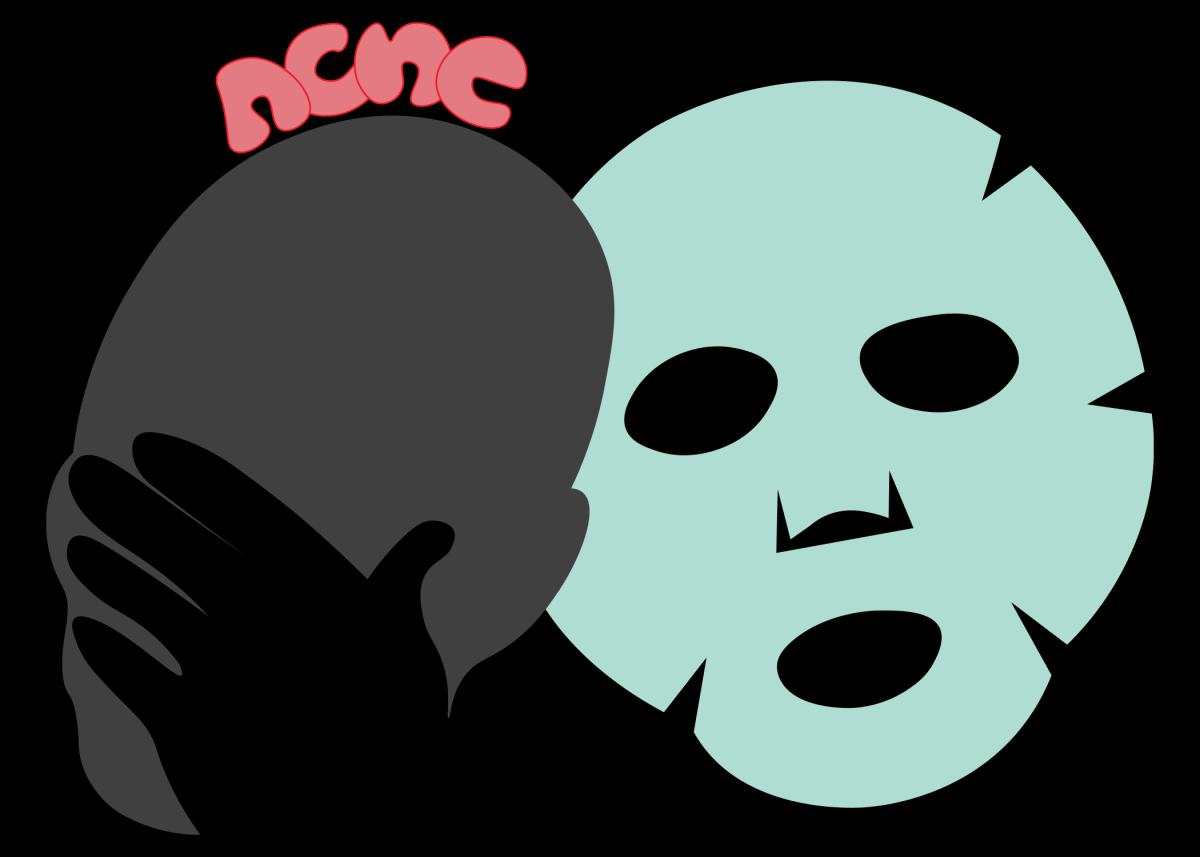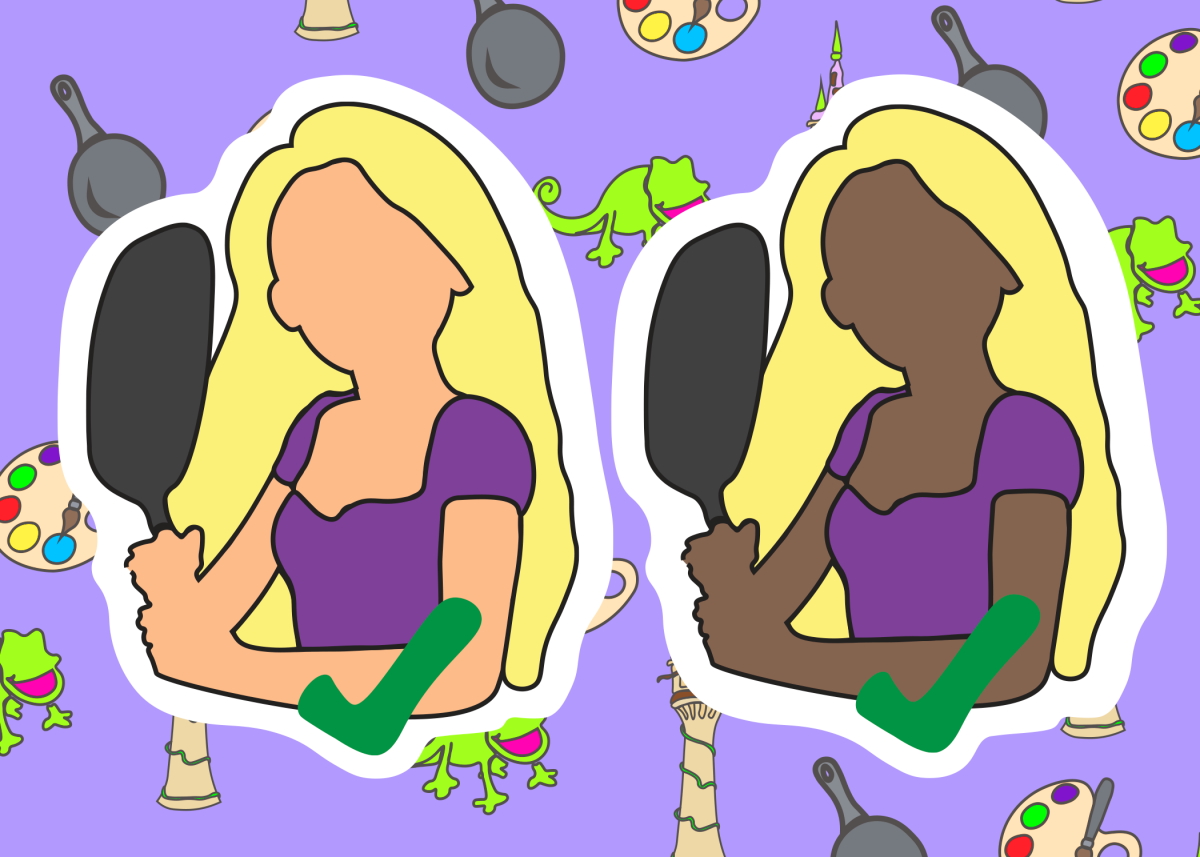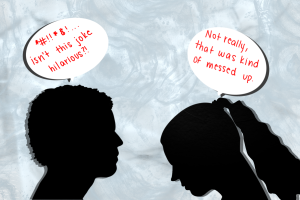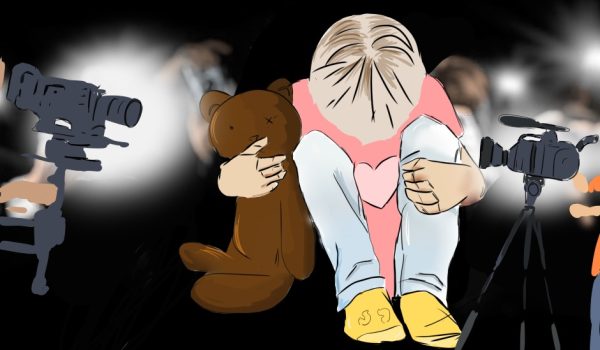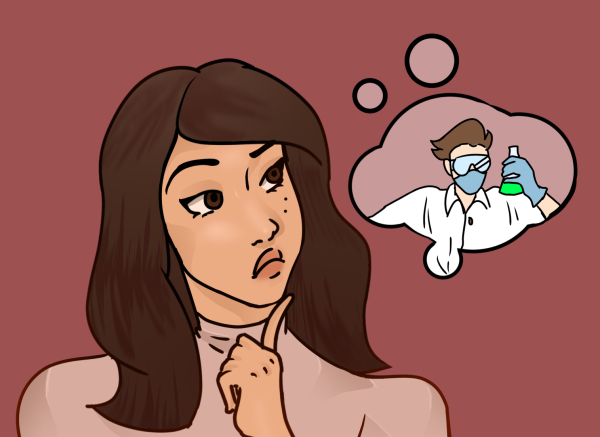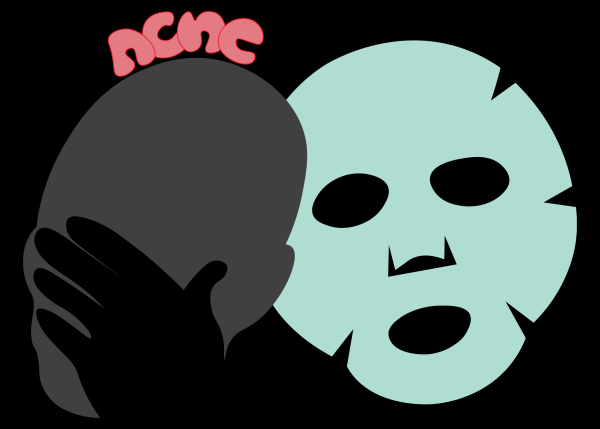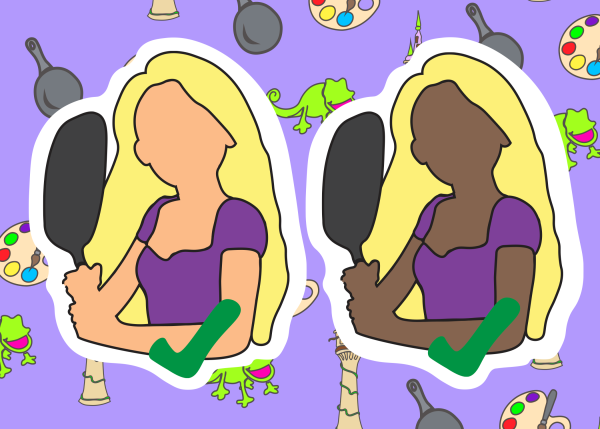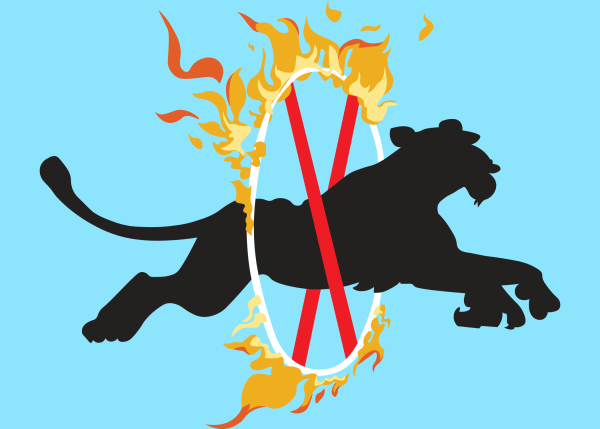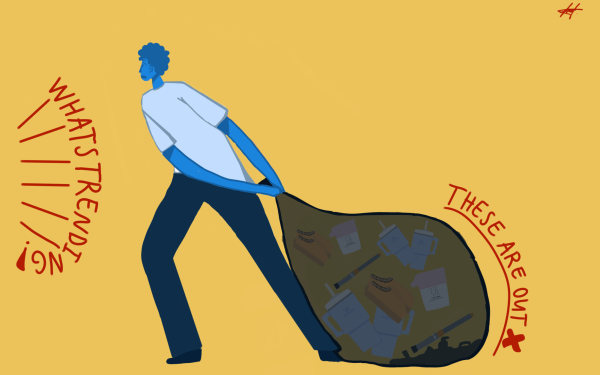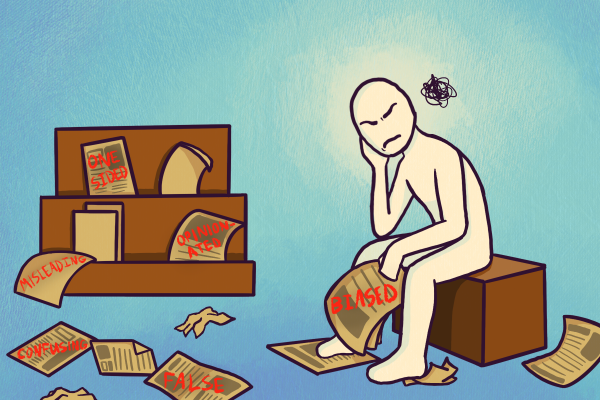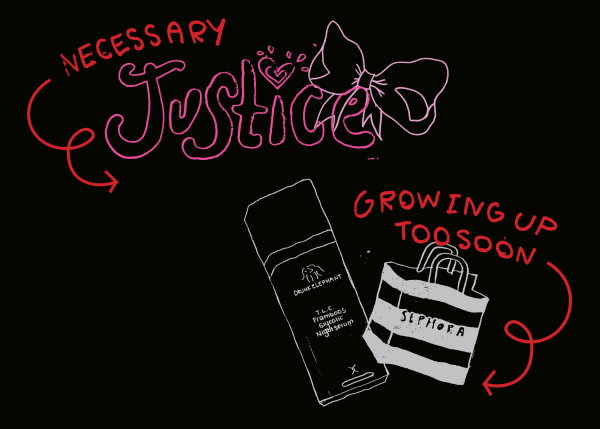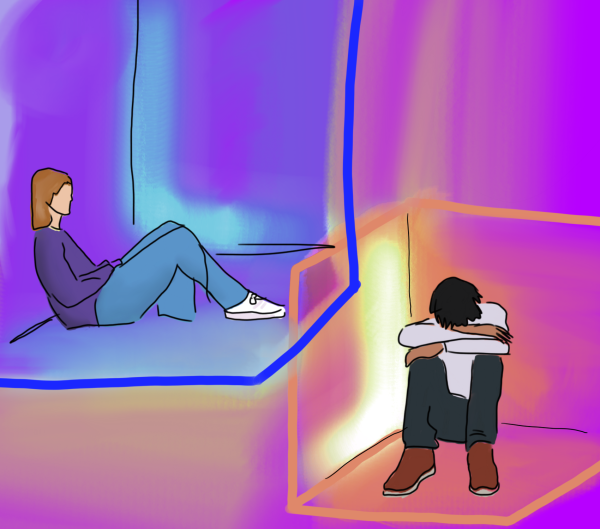[Opinion] Generational trauma hinders first and second generation Asian Americans lives today
Some people feel that it is best for them to cut communications with unsupportive, toxic family members. However, other people may judge them for this because of their relation to the toxic person.
April 17, 2023
In recent decades there has been an uptick of immigration into the United States by young workers from Asian countries. Along with their work ethic, these folks bring their families and highly collectivist cultures with them.
Overtime, children of immigrants begin to adopt western practices and the immigrants’ view of their motherlands’ values becomes distorted from changes and development that happen while they are overseas. Thus creating intergenerational cultural dissonance.
The best way to explain this phenomenon is through example. Imagine a couple moves to the US from India in the 1990s and they attempt to preserve their homelands culture while abroad, partially in fear of their kids becoming too “westernized”, the parents will make the inherent mistake of assuming that their culture will not change from the year 1990 to 2020. This results in a clash of cultures regardless of where the family may go, the U.S. or their motherland.
This clash breeds discontentment and heartache between the generations. Shame, judgment and guilt are used as tools by the parents of collectivist cultures to control the next generation. This is what they were taught to do by their parents.
Rampant misogyny, homophobia and colorism exist as mechanisms that shape a first or second generation American’s childhood and adolescence, even more so than perhaps a person’s family who has lived in the U.S. for many generations. This does not mean that Asian culture inherently is problematic, but rather the centuries of influence from the west has changed different aspects of the culture to include these issues.
However, a hugely important and overlooked fact is that the children in these families are western. They are exposed to all different categories of parenting and ideals as they age from peers and media. Once they begin to formulate their own opinions and understand fully the nature of their life, they may grow to resent their upbringing.
The toxicity they had faced and the competition between themselves and their siblings or cousins from comparison causes long term psychological effects. As a result of shame and guilt being used to control them from a young age, they may feel bound to their family. They will do whatever is necessary to please the older generation regardless of what it may do to their mental health. Examples of this can range from pursuing a high paying job in a field that bores them to accepting verbal bullying from relatives.
In individualistic cultures, such as the U.S., it is understood that a person should prioritize their autonomy or needs over the needs of the group, a complete 180 from Asian cultures. When being raised in a melting pot of a nation with two cultures in opposition, discord strikes in the minds of the first generation Americans. They are unable to come to a reasonable decision on how to live their lives without jeopardizing themselves or their heritage.
It becomes practically impossible to cope with the stress of carrying what feels like the entire weight of their family’s image on their shoulders while still trying to make a name for themselves. Asian Americans are two times more likely to develop some sort of depression than their foreign born counterparts. The concept of inter-generational cultural dissonance is definitely at play here. It factors into why U.S. born Asians suffer from these disorders compared to how their peers abroad do not.
The fact of the matter remains, the newer generations cannot control or change the way their parents or grandparents may teach or act. It is up to them to decisively figure out what works and doesn’t work when maintaining a balance of their heritage to their present culture. Going to therapy and seeking help, although however controversial this may be within their families, will always aid in their endeavors of self fulfillment.

